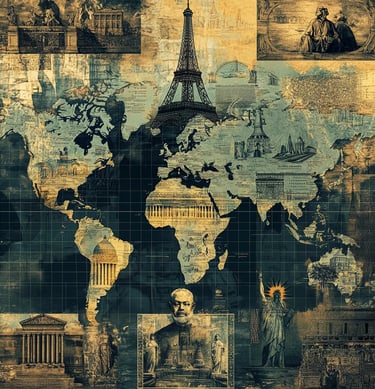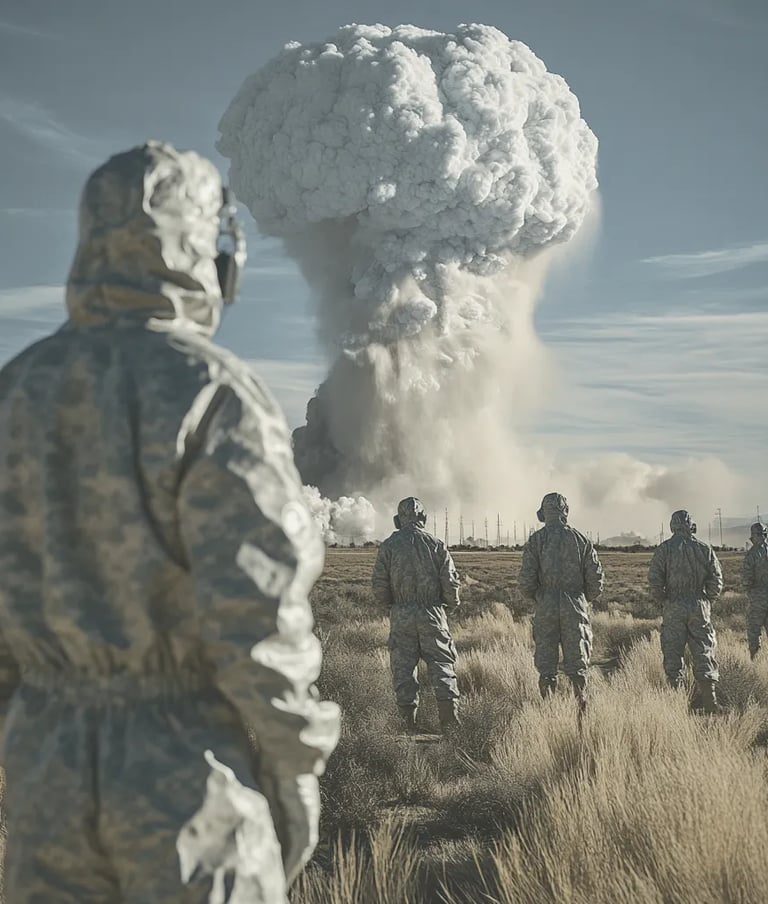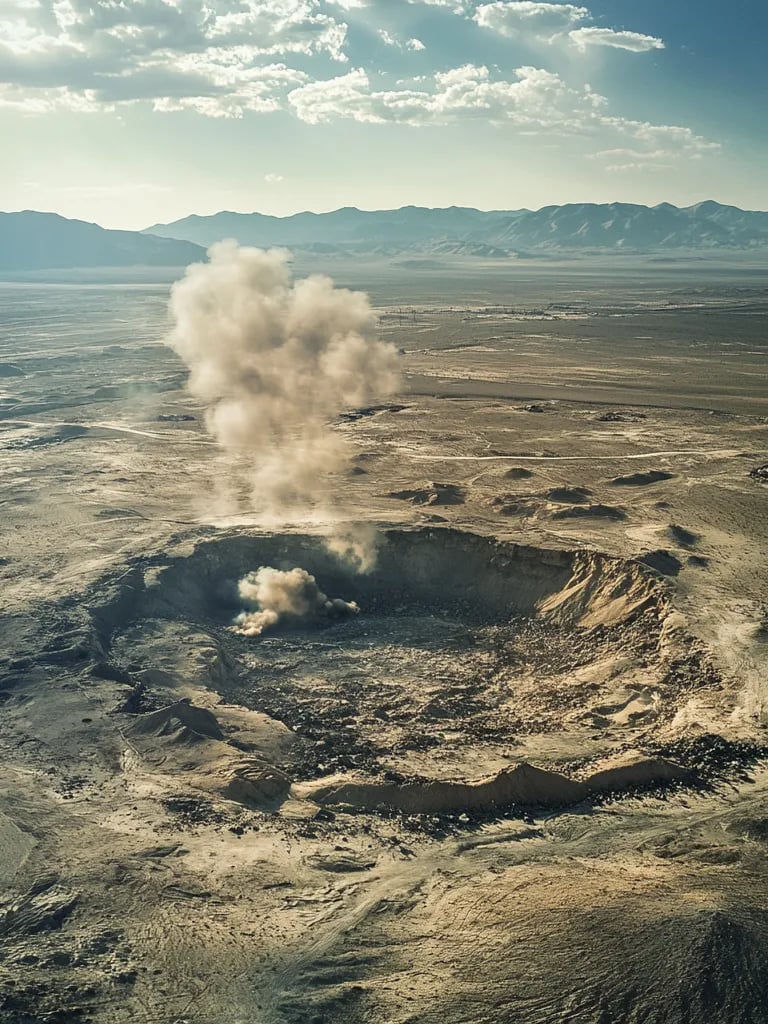In 1146, European leaders banned the use of crossbows, hoping to reduce the brutal nature of warfare. They believed that removing this powerful weapon would make war less deadly and promote peace. Despite this intention, the crossbow remained in use, and the dream of ending war through disarmament proved unrealistic.
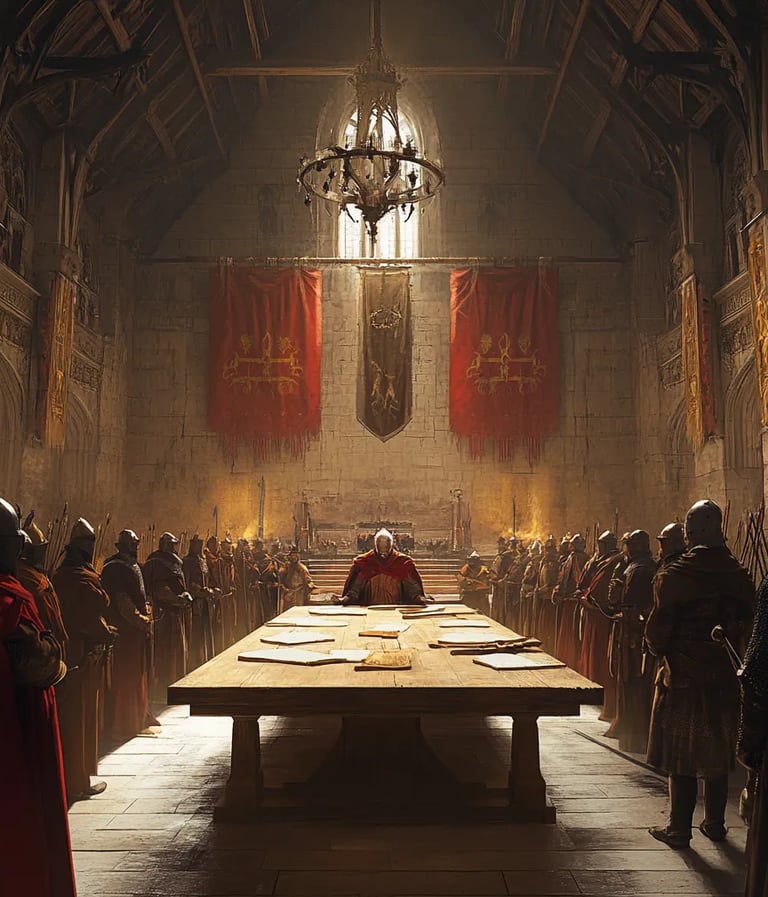

1146 – European Leaders Outlaw the Crossbow
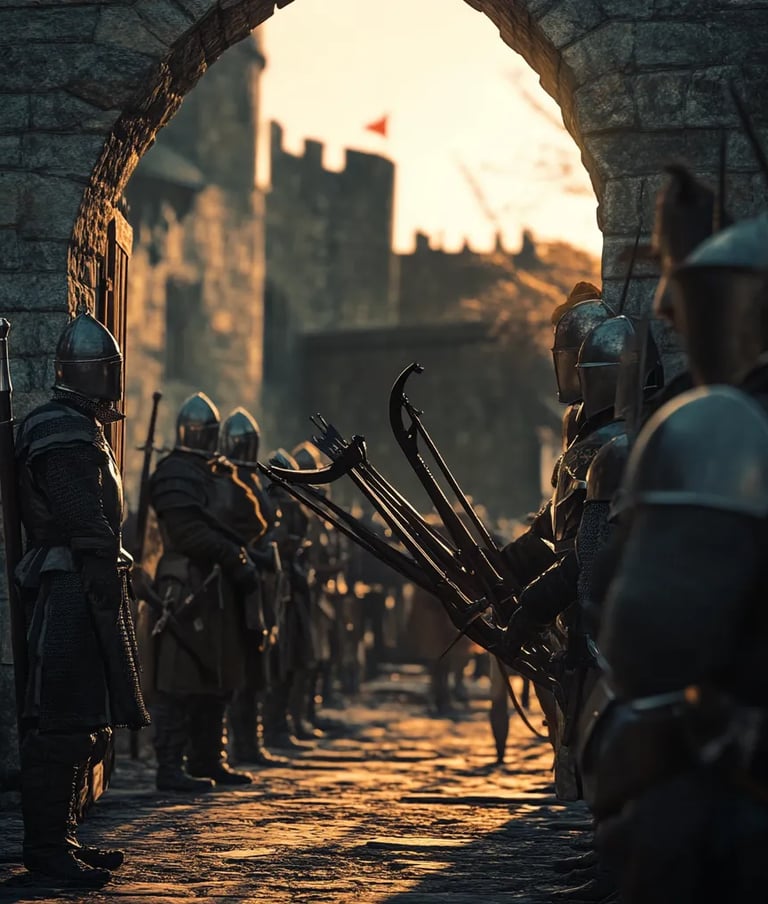

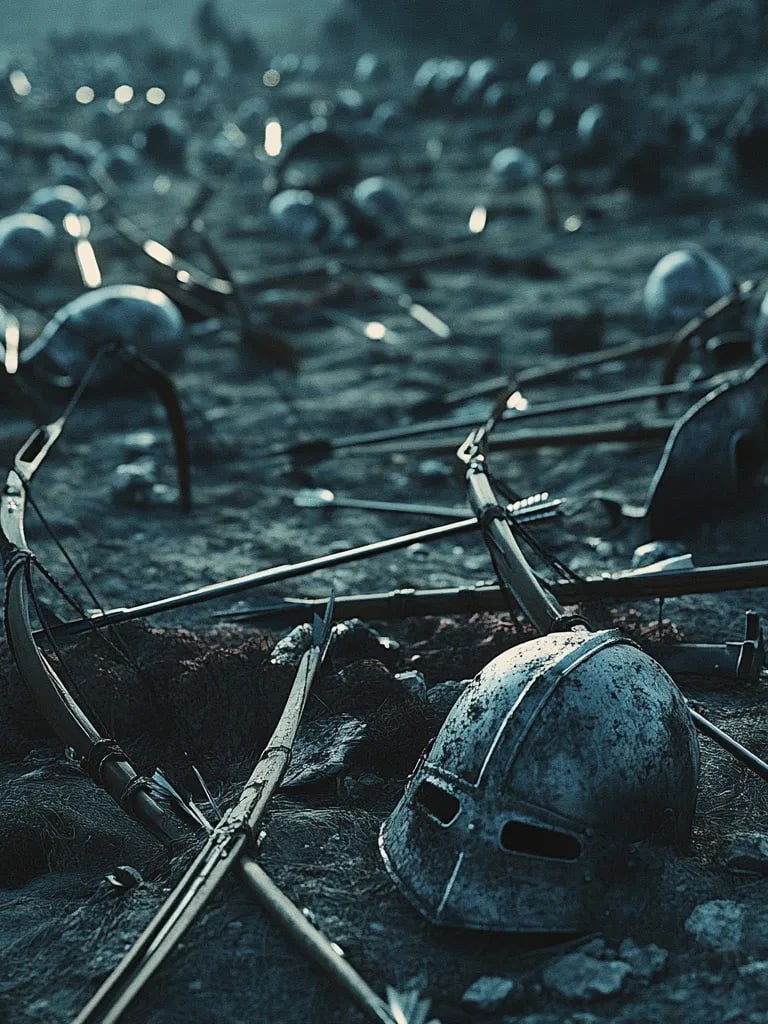

The Battle of Lake Poyang, one of history's largest naval clashes, began in 1363. Rebel leaders Chen Youliang and Zhu Yuanzhang fought during the Yuan Dynasty's decline. Zhu's victory eventually led to the establishment of the Ming Dynasty, marking a crucial turning point in Chinese history and the Yuan Dynasty's fall.
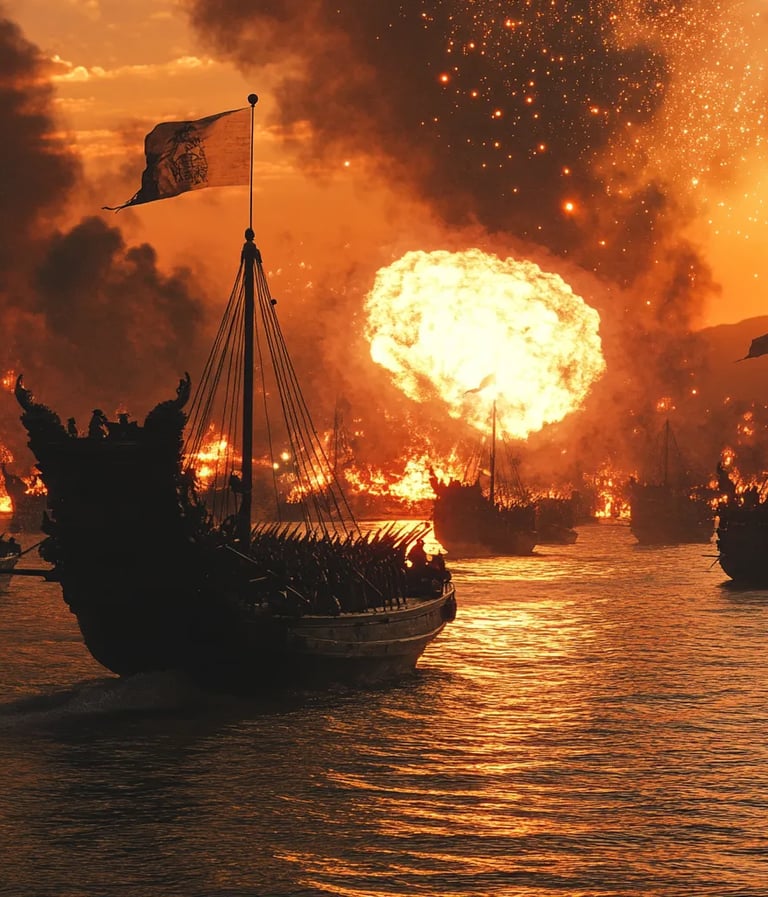

1363 – Battle of Lake Poyang Begins
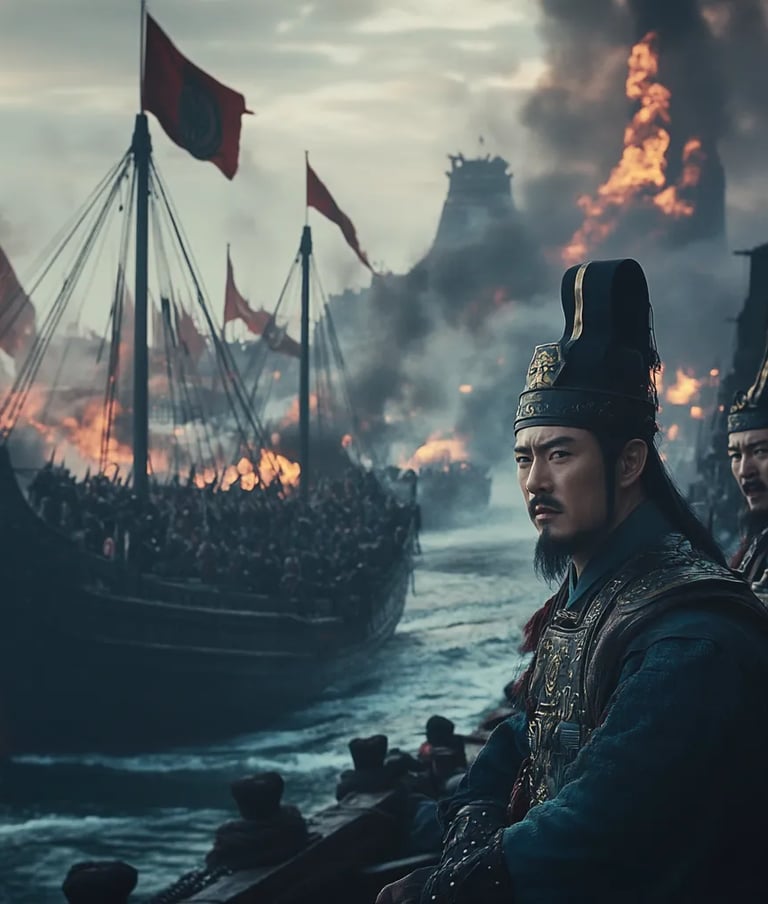



The city of Melbourne, Australia, was founded in 1835. Settlers from Tasmania established the settlement along the Yarra River. Melbourne grew rapidly, eventually becoming one of Australia's largest and most significant cities. Its founding marked the beginning of an important urban and cultural center in Victoria.
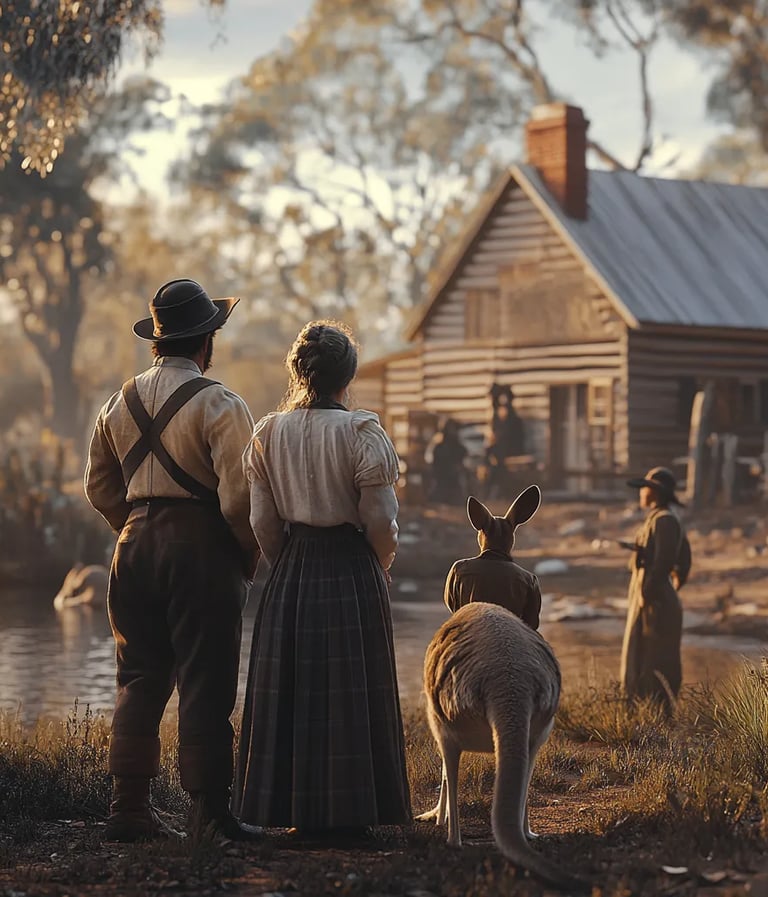

1835 – City of Melbourne is Founded
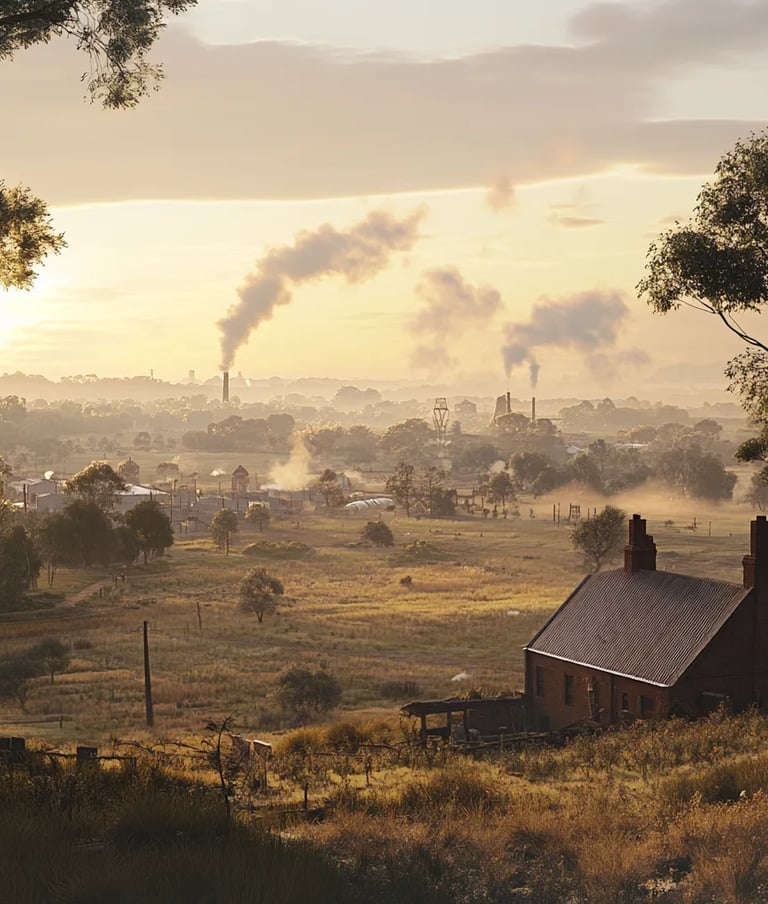

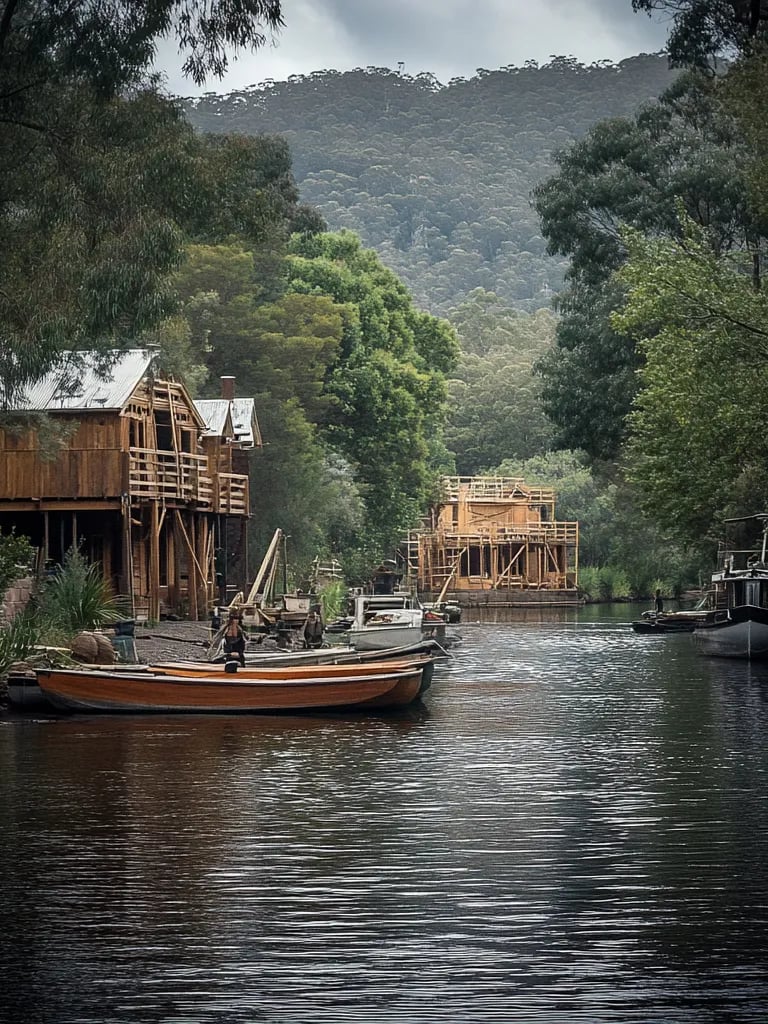

In 1890, President Benjamin Harrison signed the first U.S. law mandating meat inspections. This legislation aimed to ensure the safety and quality of meat products for consumers, responding to growing concerns about public health. It laid the foundation for modern food safety regulations in the United States.
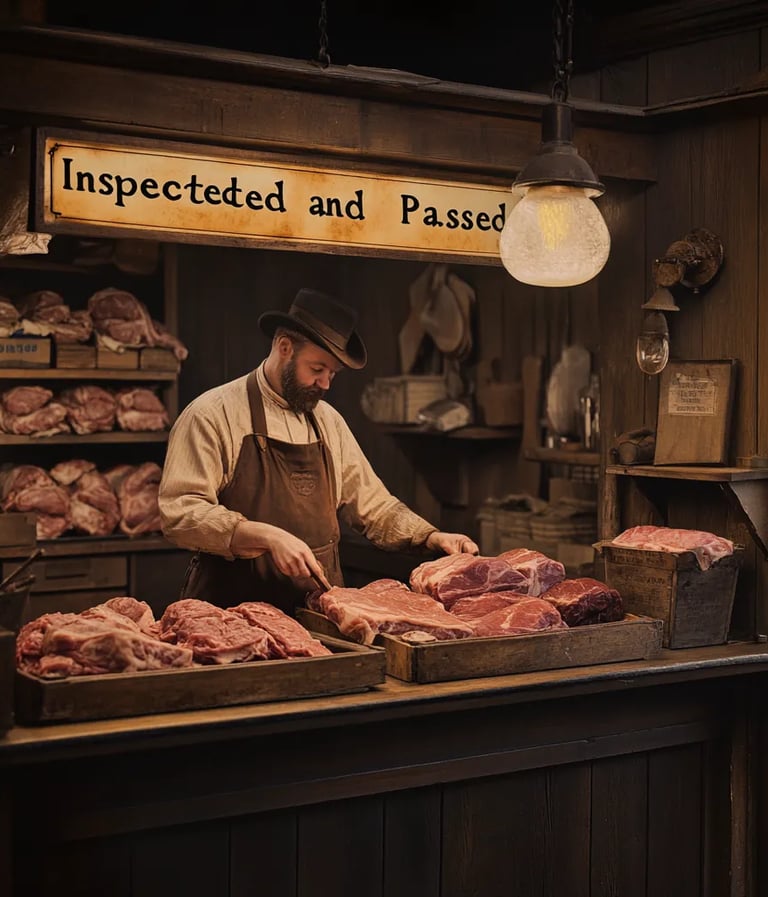

1890 – U.S. Law Requires Meat Inspection
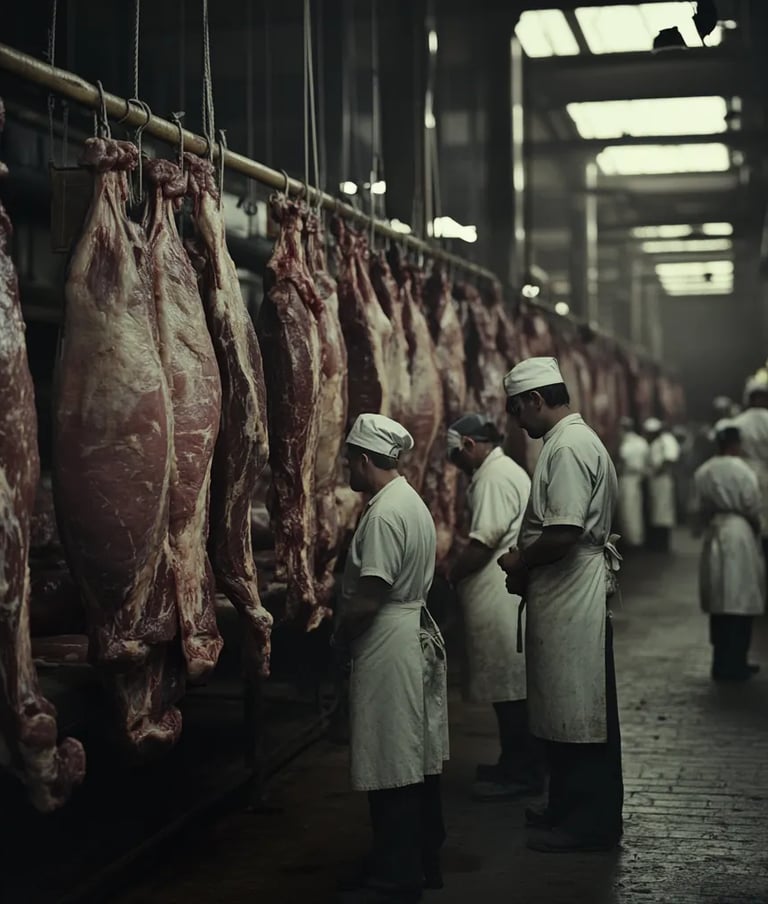

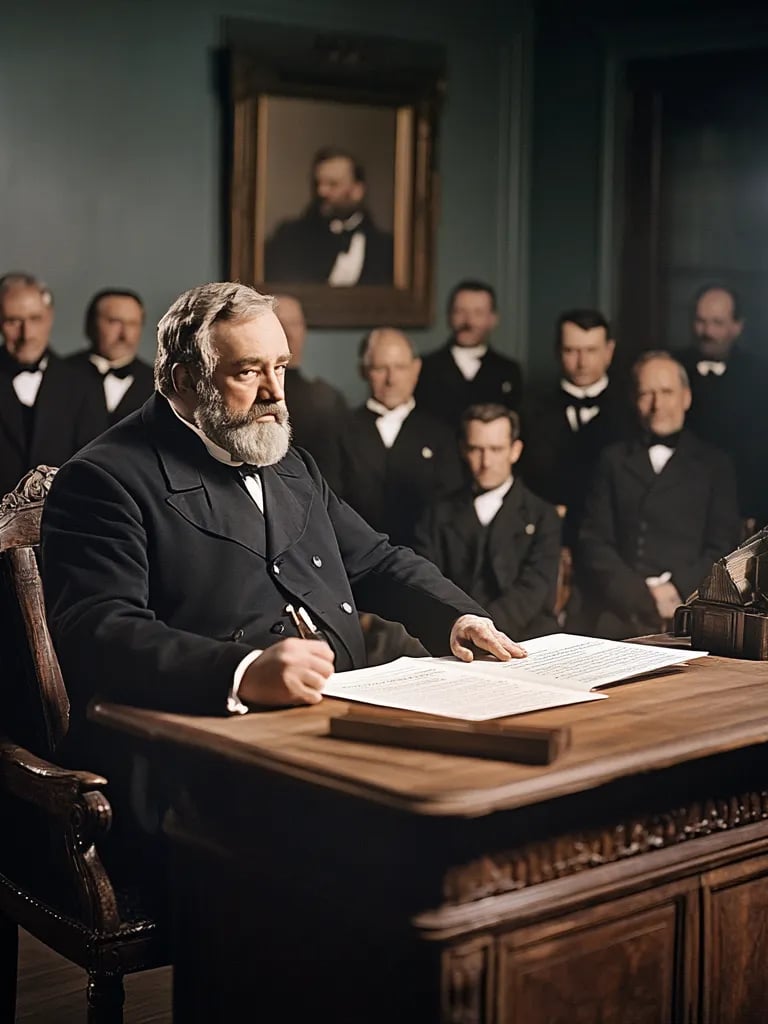

In 1957, the United States conducted a nuclear test at the Nevada Test Site. This was part of a series of Cold War-era tests to advance nuclear weapons technology and assess their destructive capabilities. The test exemplified the nuclear arms race between the U.S. and the Soviet Union during this period.





